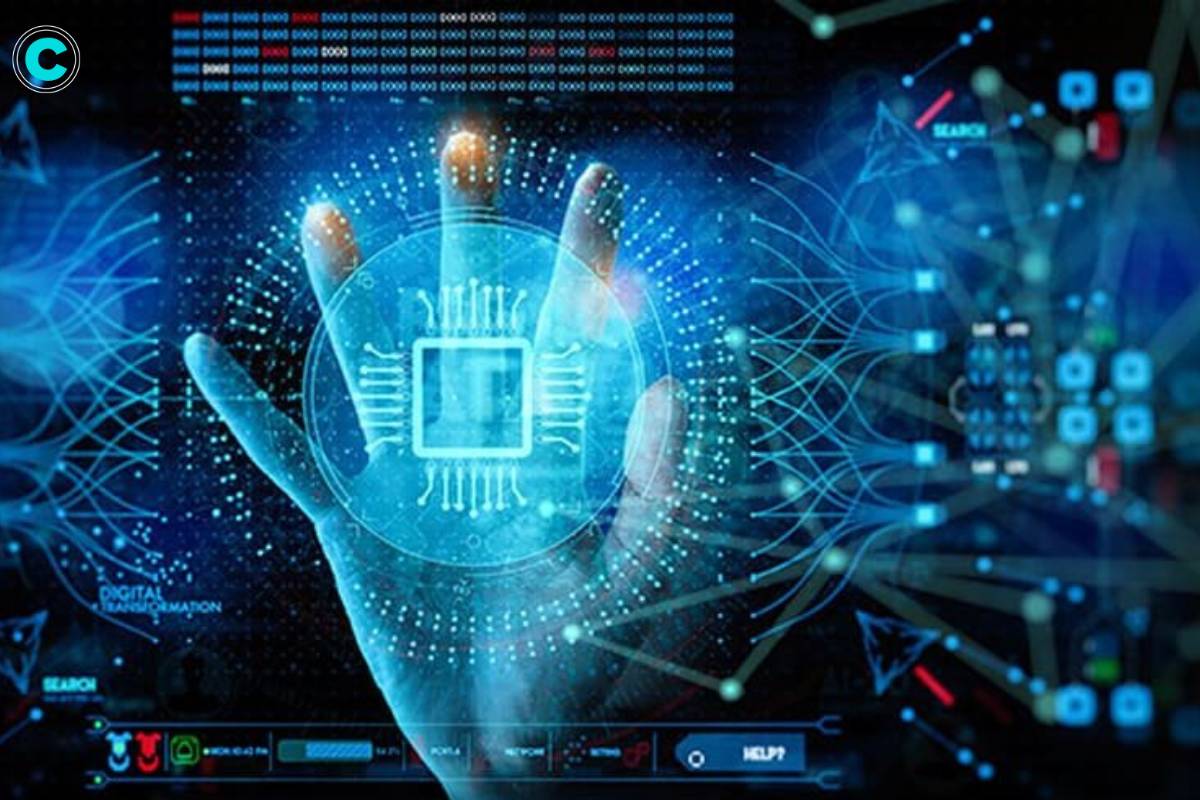(Source-ENISA-European-Union)
Gadgets and technology have become a part of our everyday life. We rely on smartphones, tablets, and computers for the smallest tasks of our daily routine or important work-related things. What we don’t realize is that by doing so; we are exposing ourselves to threats that can steal our data, compromise our privacy and disrupt our digital lives.
To protect our data, cognitive security plays a vital role. In this article, we are going to learn about Cognitive Security in Cyber Security and its benefits.
What is Cognitive Security?
It is a branch of cybersecurity that leverages artificial intelligence and machine learning techniques to detect, identify, and counteract cyber threats. It analyses large amounts of data collected from different sources, it can identify patterns, learn from them, and make informed decisions.
In simpler terms, it enables our digital guardians to think, learn, and adapt, just like we do. It equips them with the ability to analyze massive amounts of data, recognize patterns, and make informed decisions to safeguard our digital frontiers. It’s like giving our security systems a sixth sense, enabling them to detect and neutralize threats before they can cause harm.
Importance of Cognitive Security

It is a vital aspect of cybersecurity that combines the incredible capabilities of artificial intelligence and machine learning. This combination empowers organizations to actively detect and handle the constant threats posed by cybercriminals.
By using computers to analyze huge amounts of information and spot patterns, cognitive security makes it easier for organizations to find weaknesses, predict advanced attacks, and quickly respond to security problems. This means that businesses can stay ahead of the bad guys, protecting their important info and digital stuff, keeping their customers’ trust, and making sure everything keeps running smoothly.
What Does Cognitive Security Do?
It is the application of artificial intelligence (AI) and cognitive computing techniques to enhance digital security systems. By utilizing techniques such as data mining, natural language processing, and automation, cognitive security applications can significantly improve how businesses and government entities protect their systems from hackers and other malicious actors.
One of its major aspects is reducing dwell time or incident response time. When a system is breached or a vulnerability is exploited, time is of the essence. these tools can make the investigative process more sophisticated and quicker, helping organizations respond to security incidents more effectively.
Apart from this, there are many things these tools can do.
1. More flexibility:
It allows security analysts to evaluate and investigate unique incidents while the systems are at work.
2. Automated decision-making:
Security analysts no longer have to evaluate every threat detected by cognitive security systems. The solutions themselves decide whether to block, delete, or quarantine the threat.
3. Improved incident response time:
By doubling the speed of incident response time, organizations can significantly reduce the impact of cyberattacks and data breaches.
4. Enhanced pattern analysis and error detection:
Cognitive computing models are highly effective at detecting errors in software code and encryption algorithms, promoting faster and more precise problem-solving in security systems.
5. Ability to understand, reason, and learn:
It involves training cognitive systems to understand, reason, and learn about evolving security threats. These systems analyze research reports, web text, threat data, and other security-relevant data to augment and automate the understanding of threats.
Benefits and Advantages of Cognitive Security

- Unlike any other artificial intelligence or machine learning, it has adaptive learning capabilities that allow it to identify threats accurately as it possesses more data. This allows them to have more accuracy and less false positives.
- Alert fatigue is a big issue in cyber security. Because of alert fatigue, sometimes, it results in the oversight of malicious incidents. Since they help in detecting false positives with more accuracy, Analysts are confident that the alerts they receive are accurate. This helps in prioritizing remediation and investigation better.
- When these systems are in action, security analysts have the freedom to examine and explore unusual incidents that do not fit into any predefined patterns. They can also review the decisions made by these solutions to enhance their abilities even more.
- Cognitive security systems can sort security incidents. This helps the security analytics perform their core responsibilities more efficiently and effectively.
Limitations of Cognitive Security
While there are many benefits, there are certain limitations to this as well, which are –
1. Data vulnerability
The vulnerability of cognitive systems to cybersecurity breaches increases with the amount of data they require to learn. Organizations using cognitive systems must ensure proper protection of the data, especially if it contains sensitive information.
2. Task limitations
While cognitive systems excel at processing and calculating tasks, they still face challenges in tasks, such as understanding natural language and recognizing objects in images.
Examples of Cognitive Security

1. IBM Watson for Cyber Security
IBM’s Watson uses cognitive security technology to help businesses detect and protect against cyber threats. With its machine learning abilities, Watson can continuously examine huge amounts of data, recognize patterns, and link different events and incidents together. By automating threat intelligence and supporting human analysts, Watson for Cyber Security helps organizations respond faster and more efficiently to threats.
2. Darktrace Antigena
Antigena is an autonomous response solution, which is developed by a leading cybersecurity company, Darktrace. Antigena uses advanced artificial intelligence (AI) to quickly detect, investigate, and protect against cyber threats. It can instantly find suspicious activities in a network and take the right steps to stop the threat from spreading or causing harm.
Organizations with large and complex IT structures can find Cognitive Security to be a useful technology. They can apply it in various cyber security domains such as threat intelligence, real-time alert analysis, security risk assessment, automated incident response, and user behavior analysis. With the advancement in technology, the implementation of different types of cyber security to protect data and privacy is becoming vital.


No comments yet